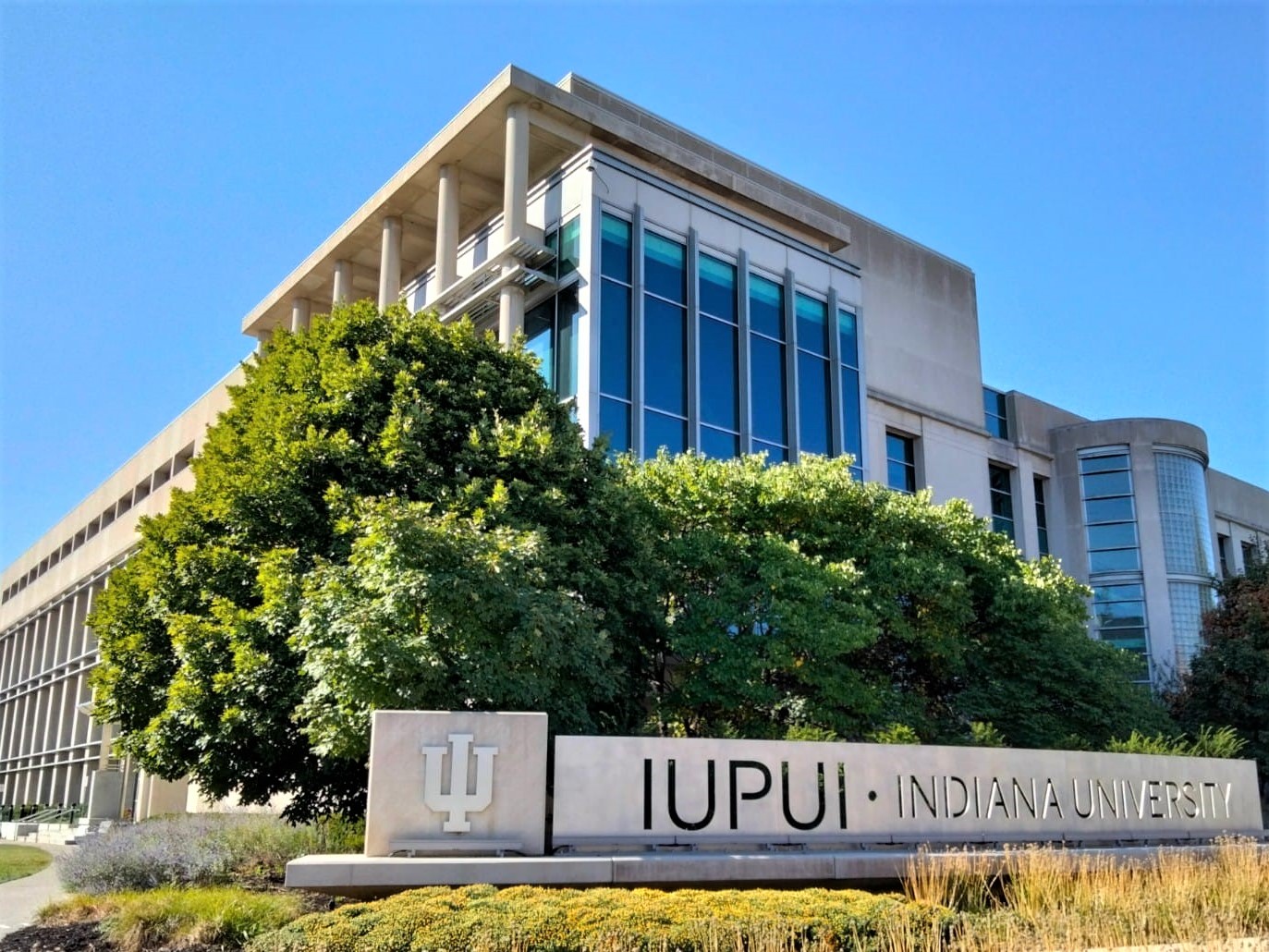“Live” again at last: DFG at the Annual Conference of the German Studies Association (GSA) in Indianapolis

This year’s Annual Conference of the German Studies Association took place live in person in Indianapolis.
© privat
(10/19/21) The 45th Annual Conference of the German Studies Association (GSA) was held in Indianapolis in the US State of Indiana between 30 September and 3 October. It was the first time since the start of the COVID-19 pandemic that the DFG Office North America was able to take part in an on-site conference of a professional association. These conferences are an opportunity to promote Germany as a research location and showcase the various formats of support available for transatlantic academic cooperation. The GSA, as the professional association for academics pursuing German studies at North American universities, is by definition very familiar with the German-speaking world, and the German Academic Exchange Service (DAAD) has long been providing support in the area of German studies in Canada and the US.
Conferences organized through the GSA form an excellent network of key contacts for the DFG’s work and outreach activities with North American higher education institutions. This is why the DFG Office North America has been taking part in conferences on a regular basis in recent years, usually together with the American Friends of the Alexander von Humboldt Foundation (AFAvH). One staff member of the DFG Office was present at the stand at all times, while another was free to attend other discipline-specific seminars. These ranged from the reception of Brecht and Adorno to the interrelationship between “Mind and Health” to causal links between prizes awarded based on aesthetic aspects and the subsequent commercial success of award winners.
With regard to the results of the German federal election that had just taken place, various speakers addressing possible coalitions, their political goals and the expected impact on transatlantic relations attracted strong interest. Noteworthy in this context is certainly the fact that the European aspect of German politics with regard to the transatlantic relationship seems to play an increasingly important role, even though Henry Kissinger’s insight still holds true: Europe (still) does not have a phone number the White House can call. On the other hand, the vast majority of Centers for German Studies at North American higher education institutions in the meantime have been turned into Centers for German and European Studies.
In a first attempt to return to pre-Covid normality and with on-site attendance figures of just over a third of the numbers recorded in the pre-pandemic years, everyone involved considered the GSA’s Annual Conference a great success. A large number of participants still joined the event virtually, mostly because entry restrictions from Europe to the US are still in place. Nevertheless, those attending the event in Indianapolis were noticeably relieved to be back, live and in person, at last!